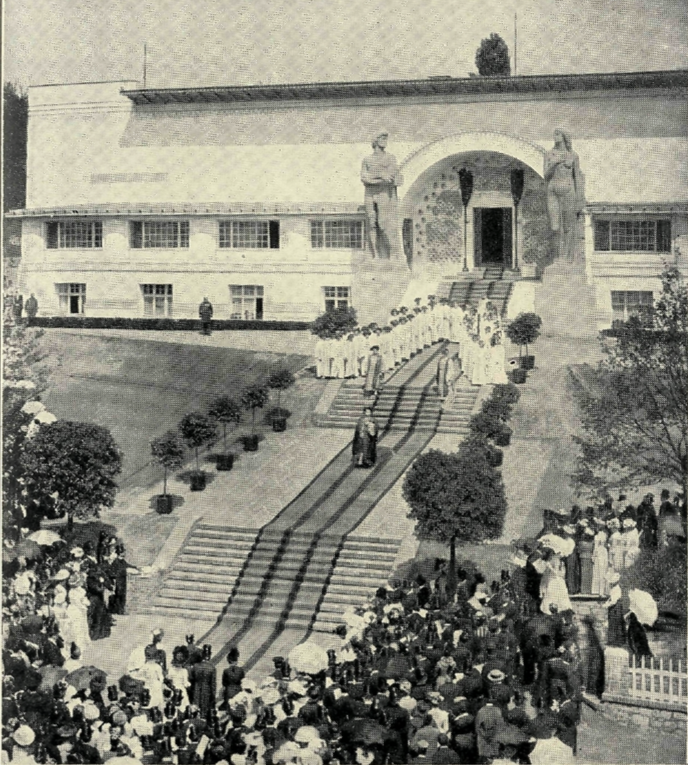L’avvenimento teatrale come festa. La prima teoria teatrale di Georg Fuchs
DOI:
https://doi.org/10.13135/2038-6788/9617Parole chiave:
Avvenimento, Barriere, Culto, Festa, Georg Fuchs, Modernità, Socievolezza, TeatroAbstract
Around the turn of the nineteenth century, the German publisher, art-critic, theatre theorist, and play-writer Georg Fuchs started to develop his own theatre-theory, which is best known to theatre historians through the 1907 book Die Revolution des Theaters. Fuchs first realized his claim for a revolutionary, anti-naturalistic stage and theatre, which was to become completely new in form as well as in meaning, during his years of cooperation with the designer and architect Peter Behrens, from 1899 to 1905. At the Künstlerkolonie in Darmstadt, the two reformers developed their ideal of a festival theatre: a place of celebration of life and the arts in which the barriers between stage and audience as well as any separation among the spectators was to be removed. The article investigates the particular meaning of the definition of “festival theatre” in Georg Fuchs. The meaning of festival as it is intended by Fuchs underlines an ideological approach to the moment of profound cohesion provided by the theatre and yields to a renewal of the stage in its formal aspects. It contains reference to ancient theatrical rituals and borrows from pagan ancient ceremonies as well as from Christian liturgy. While seeking a “sacred” substrate, it nevertheless seemingly points towards itself in its formal and specifically artistic aspects. Nonetheless, Fuchs’ theatre theory bears some interesting innovations as well as a desire for dialogue with its environment. These aspects can be highlighted through a close analysis of his use and personal definition of the term “festival.”


